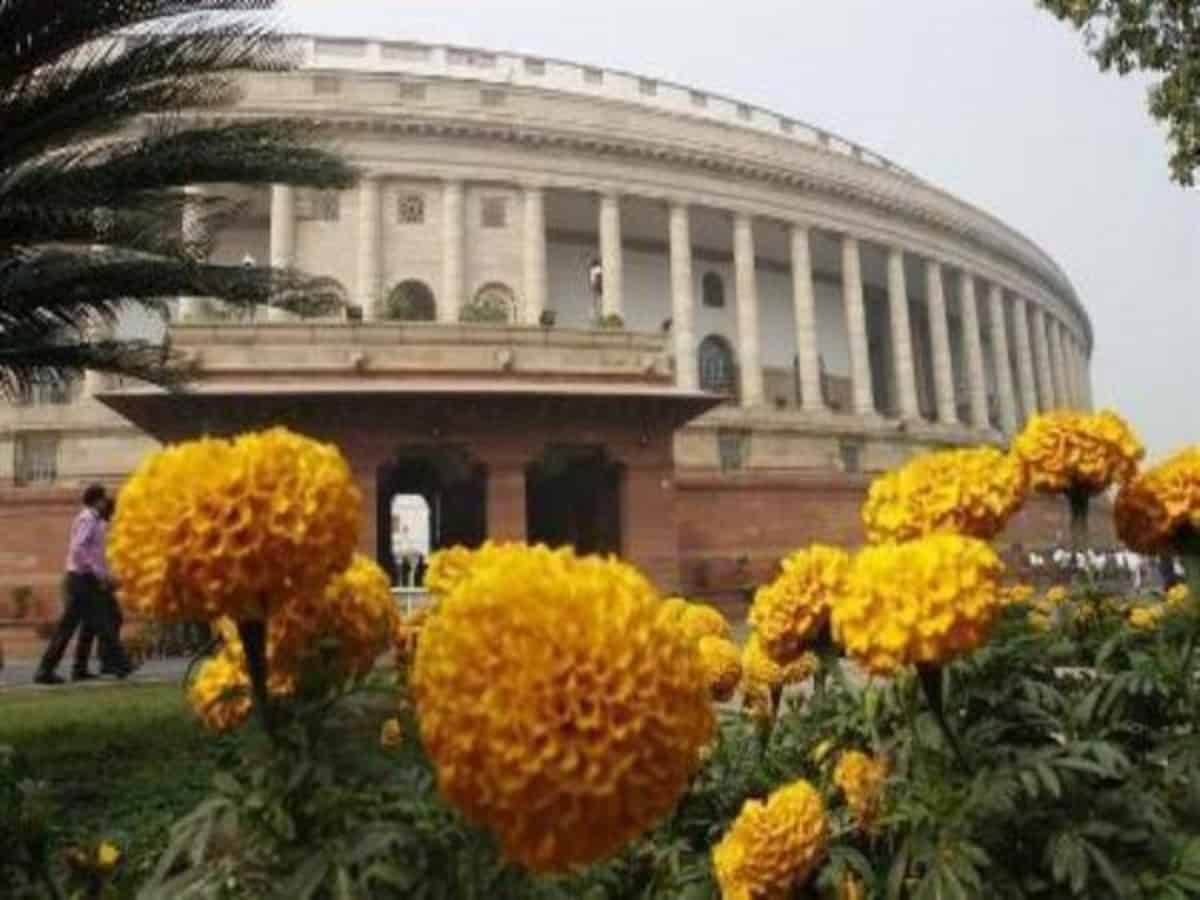
New Delhi: As many as 895 questions related to climate change were raised by 1,019 Members of Parliament, forming only 0.3 percent of the total queries asked in the House in 20 years, revealed a recent study.
India is one of the countries most vulnerable to climate change “ranked 29 out of 191 countries” due to its geographic size, climatic conditions, and large population, especially of vulnerable groups, as per the paper “Climate change: The missing discourse in the Indian Parliament”, prepared by Seema Mundoli, Zubin Jacob, Ranjini Murali and Harini Nagendra in association with the Centre for Climate Change and Sustainability, Azim Premji University, Bengaluru, and The Snow Leopard Trust, Seattle, US.
The paper analyses the parliamentary questions (PQs) on climate change during 1999 to 2019. “The highest number of questions were in years following a political event. For example, 2007 saw the sharpest increase in PQs (from 8 questions in 2006 to 53 in 2007). This was the year that preceded the launch of the National Action Plan on Climate Change. The highest number of questions (104) were asked in 2015 “the year that followed the renaming of the ‘Ministry of Environment and Forests’ to the ‘Ministry of Environment, Forests and Climate Change’ with an accordingly expanded portfolio,” it said. The study also revealed that even MPs from climate-vulnerable states are not asking more questions.
Male MPs asked ten times more questions than women MPs, it says highlighting the low representation of women in Parliament. Among the questions, 27.6 per cent were focused on impact of climate change, and 23.5 per cent on mitigation. The adaptation received the least attention (3.9 per cent), despite the importance of climate adaptation to India. Many questions focused on the issue of understanding the impact of climate change on agriculture, which contributes 17 per cent of India’s GDP, followed by coastal issues, and health. The remaining aspects of climate impact were less covered.
Ministers referred to a source for their information on climate change in only 10 per cent i.e. 91 questions of the PQs asked. Studies (58.9 per cent) done were the most cited, followed by newspaper articles (22 per cent), a conference (11 per cent), institutes as sources (5.6 per cent), and international agreements (1.1 per cent), it added.

